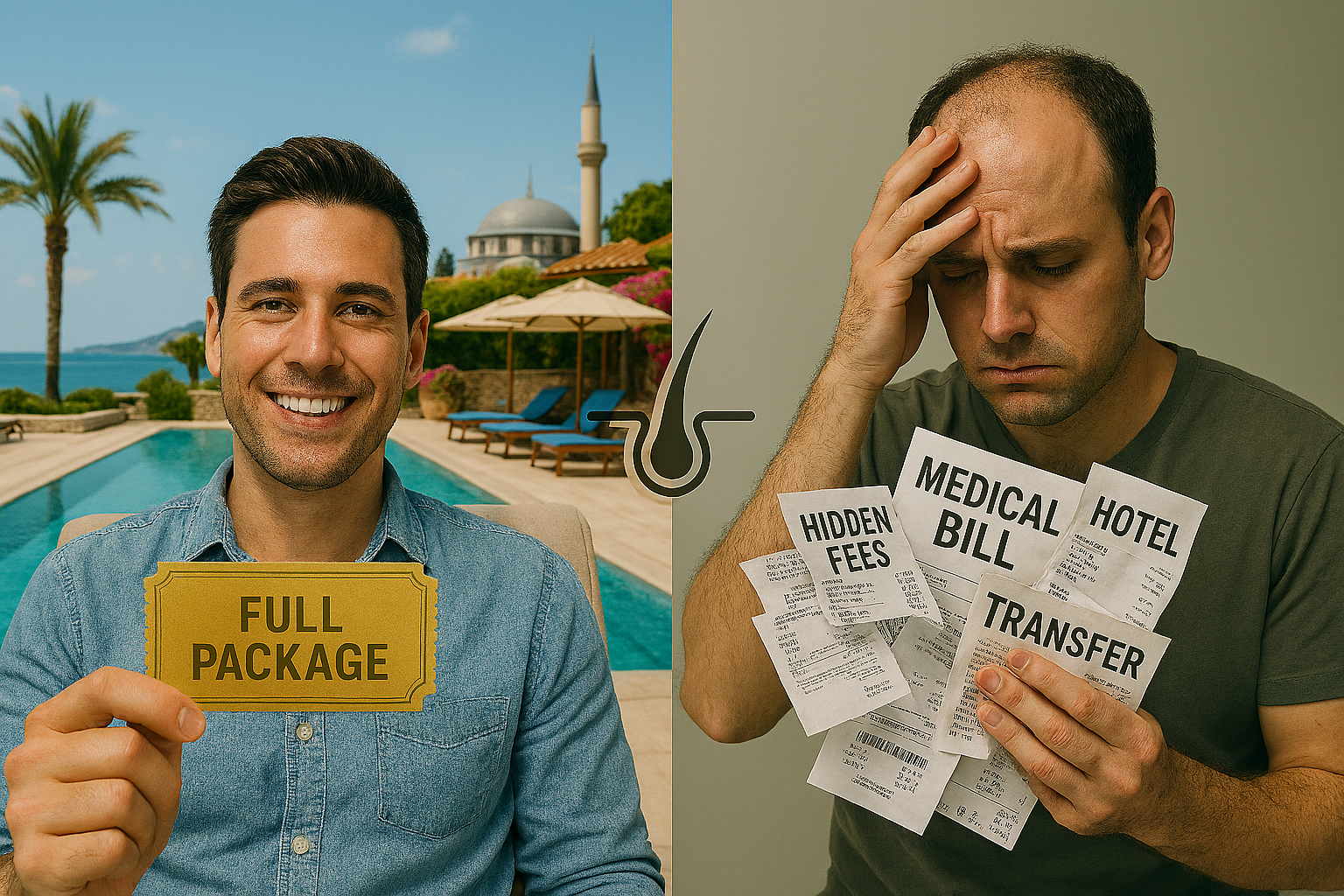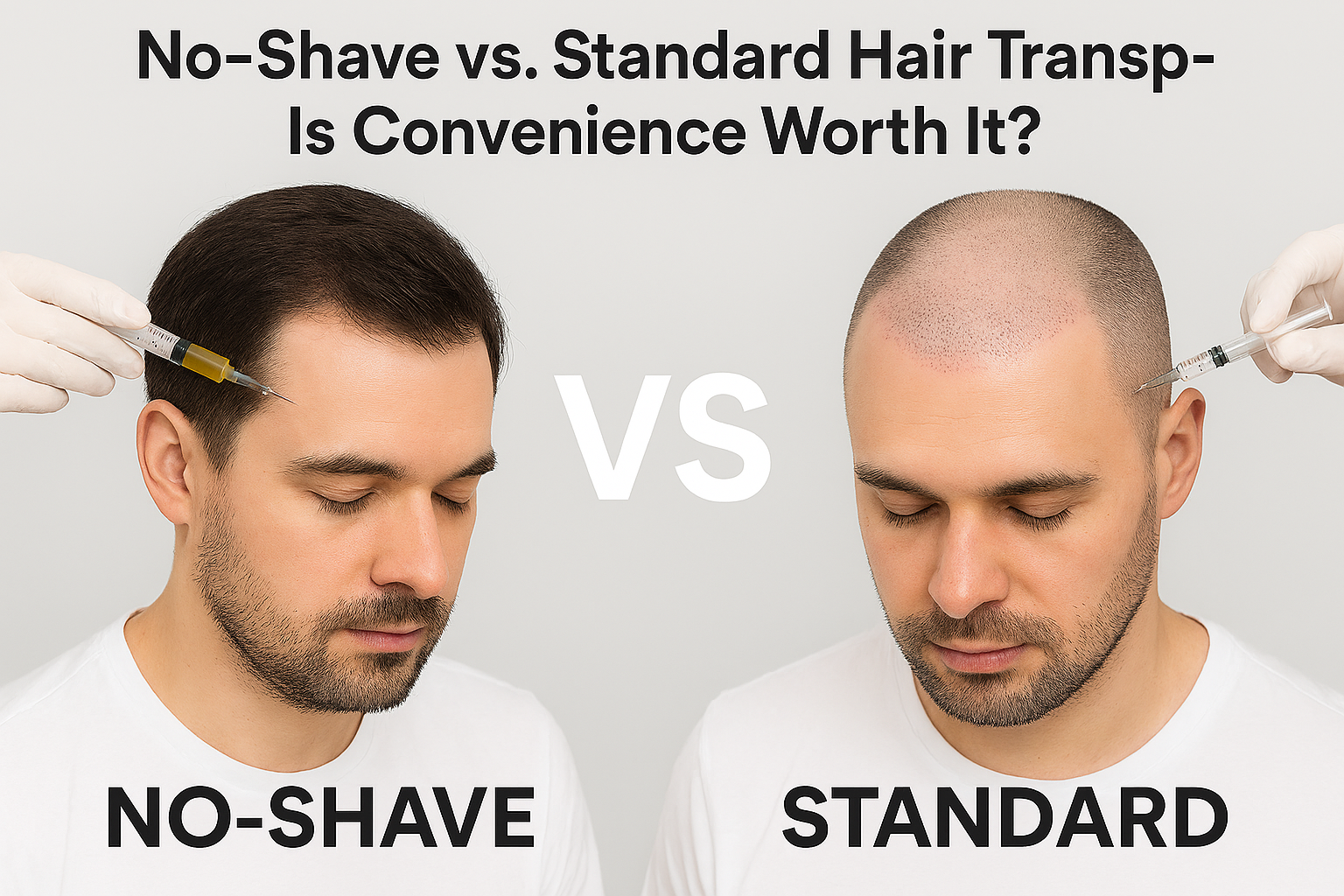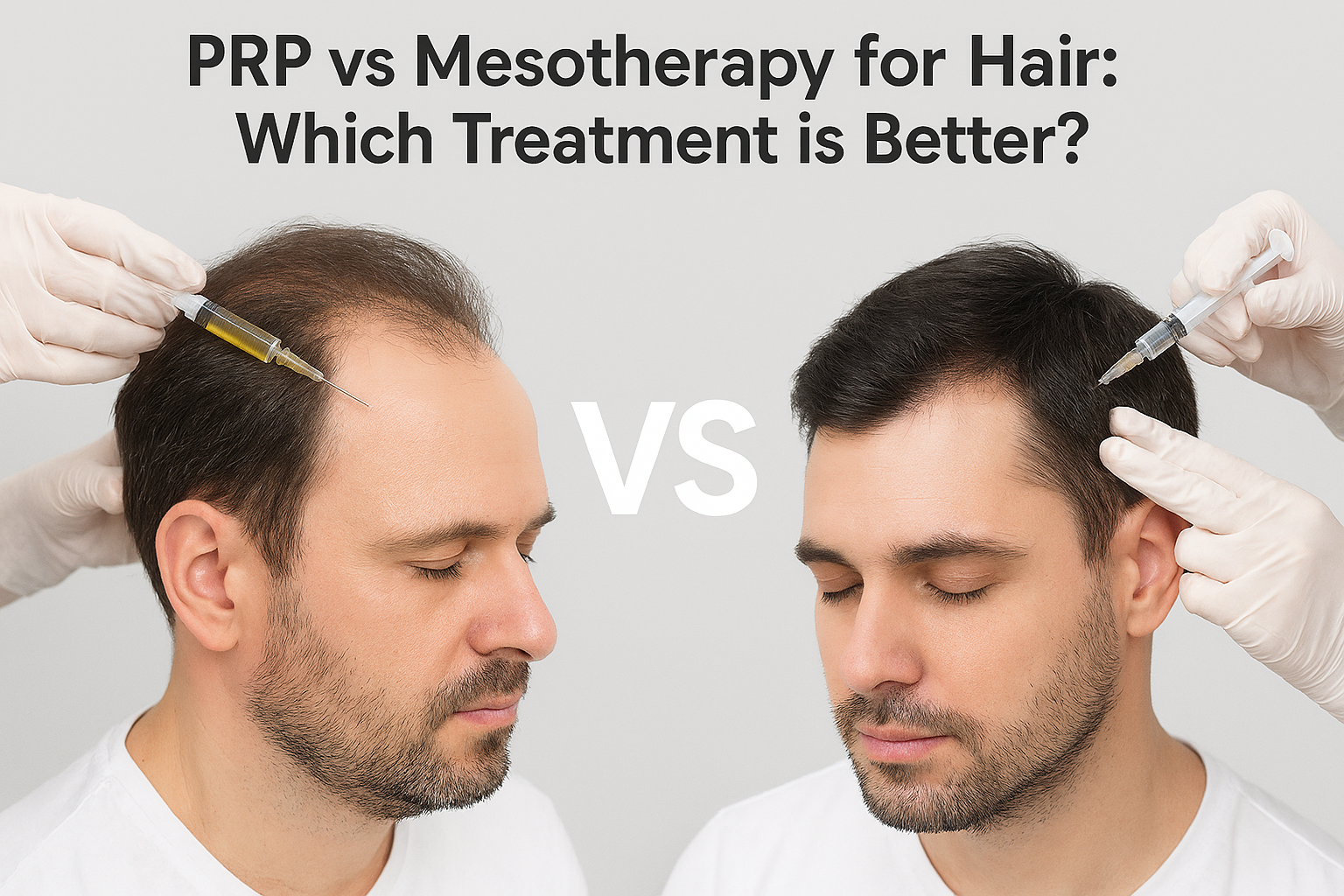Benefits of zinc for hair
The importance of zinc for hair is the same that this mineral has for our health. Zinc is essential for many basic functions of our body (it takes part in some 300 chemical reactions); the question is: why is zinc good for hair health?
If you are among those searching about hair transplant cost in Turkey because you are experiencing alopecia problems, you must know that not only zinc is good for hair; scientist have proven that there is a relationship between zinc deficiency and hair loss. In this article we aim to explain why zinc is so important, what are the zinc benefits for hair, and how should we intake it to avoid hair loss but, at the same time, avoiding its possible side effects.
What is the role of zinc?
Zinc is an trace element essential for our body to function properly, to the point that it is the second most important trace element just after iron; zinc is present in various foods: it can be found in vegetables, although its main source is animal protein (meat, eggs, etc.).
Within our body, we can find zinc in bones, muscles, in the male and female reproductive organs, or in many chemical reactions; the role of zinc for hair and skin is significant, too, since it takes part in forming their structures. It also plays an important role in our body’s defences and in healing processes, as well as in basic cell functions such as cell division or growth. Also, this mineral is very important to keep hormonal balances of our body.
If zinc is present in hair structure, the logical question should be: is zinc good for hair growth? Well, let’s say this: zinc plays a key role in the synthesis of proteins such as collagen or elastin -hence the importance of zinc for hair and nails, too- and there are studies that confirm the effectiveness of zinc rich food for hair rejuvenation, or to restore its original colour (if gray hair appears) and eliminate dandruff. Let´s talk now more deeply about the benefits of zinc for hair growth and health.
Why is zinc good for hair?
What does zinc do for your hair? As we said before, zinc plays an important role in regulatory processes and hormonal balances; one of those processes in which zinc is involved is precisely the one that has to do with the dihydrotestosterone (DHT) hormone, which is precisely responsible for male pattern baldness in those people who are genetically sensitive to this hormone.
It is known that in order to synthesize DHT from testosterone, it is necessary for the last to interact with the 5-alpha reductase enzyme… And do you know what is the trace element that regulates the activity of this enzyme and eliminates it when necessary? Yes, you’re right: it’s zinc, which can reduce it by up to 30%. This implies that having enough zinc in our body is key to avoid the action of this enzyme and therefore, to stop hair loss.
This importance of zinc to avoid baldness is supported by scientific studies, such as the one carried out in 2013 by an university in Seoul, in which it was found that patients who suffered from hair loss due to alopecia areata, androgenetic alopecia or telogen effluvium, had a lower concentration of zinc in their bodies compared to another group that did not suffer from these pathologies. Therefore, we can confirm the importance of zinc for hair loss prevention.
In fact, it is easy to observe hair loss, growth problems or even the appearance of gray hair in people who suffer from zinc deficiency; hair becomes also dry, brittle, and dull, and lacking in volume: hence the importance of taking zinc supplements for hair loss prevention. At the same time, not just hair loss, but also skin problems, anemia, fatigue, diarrhoea or brittle nails, are symptoms that help to identify a diet low in zinc.
How much zinc should I take for hair growth?
As we already have mentioned, we take zinc through food. It is estimated that in order to keep a balanced diet, men must take daily 9 mg. of zinc, and women 7 mg. per day. There are several zinc rich foods for hair growth: although this trace element can be obtained through some vegetables (legumes, nuts, whole grains), our body assimilates it more easily through animal products such as red meat, turkey, eggs, milk, cheese, fish and seafood.
We must bear in mind that only 30% of the zinc we consume is finally assimilated by our body; in addition, there are people with a greater tendency to suffer from zinc deficiency than others, such as premature children, elderly, vegetarians, those who suffer from malnutrition or irritable bowel syndrome, liver disorders, alcoholism, or people who are celiac or suffer from sickle cell anaemia. These people may need to take zinc supplements.
Is it safe to take zinc daily?
But, how much zinc to take for hair loss? We mentioned before the daily minimum doses, but before taking a zinc supplement for hair loss we should ask a doctor and take our zinc tablets for hair in a safe way under medical supervision, in order to not exceed the maximum recommended daily levels. An excess in zinc intake may cause short-term side effects such as nausea, vomiting and diarrhoea, but also long-term damages to immune system, besides copper deficiency.
So, it has become clear the key role of zinc for hair and for our health, and the importance of consulting a medical expert about your hair loss problems. At Clinicana we have the latest technology and a highly skilled team with long experience in all hair treatments. Just read some of our patients’ reviews on hair transplant in Turkey, and discover why we are the best rated clinic. Ask for your free consultation now!

Traveling for medical care is a major life decision. You must plan your treatment and your budget carefully. Many patients feel confused by complex clinic pricing. You want to focus purely on your healing. You do not want surprise bills after your surgery. In our medical practice, we see this confusion often. We believe in […]

For many individuals facing hair loss, the decision to undergo a hair transplant is not hindered by the surgery itself, but by the recovery phase. Specifically, the prospect of shaving one’s head is a significant psychological barrier. In our clinical practice, we frequently meet patients—ranging from high-profile executives to women with diffuse thinning—who delay necessary […]

Investing in a hair transplant is a significant decision that represents a commitment to restoring not just your hair, but your self-confidence. However, the procedure itself is only the beginning of the journey. Once you leave the operating room, your scalp enters a critical recovery phase where the newly implanted follicles must anchor themselves and […]












